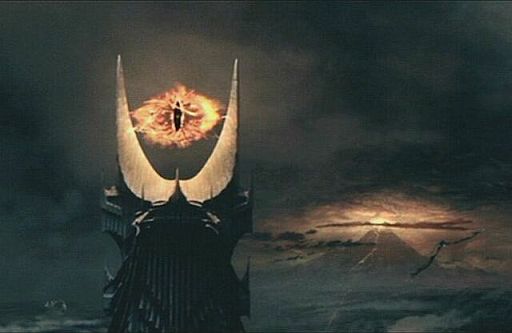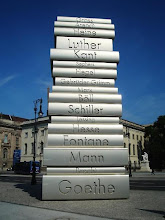 The road was frozen. The village lay quiet under the cold sky. Komako hitched up the skirt of her kimono and tucked it into her obi. The moon shone like a blade frozen in blue ice.
The road was frozen. The village lay quiet under the cold sky. Komako hitched up the skirt of her kimono and tucked it into her obi. The moon shone like a blade frozen in blue ice.In 1968, Yasunari Kawabata became the first Japanese author to win the Nobel Prize for Literature. The Nobel Committee cited "...his narrative mastery, which with great sensibility expresses the essence of the Japanese mind" as the reason for his win, and acknowledged three specific works in awarding the prize:
The Old Capital, Thousand Cranes, and
Snow Country, which many believe to be his masterpiece, and an enduring classic in Japanese literature.
The Plot:
Shimamura is a wealthy loner from Tokyo. Like many wealthy men of the time, he enjoys taking vacations to the mountain hot springs for rest and relaxation. He frequents one in the Japanese snow country, a region of the island nation that receives quite a bit of snow during the winter months. While there he enjoys the exercise of hiking and skiing, the revitalization of the hot springs, and the companionship of a mountain geisha named Komako.
The novel chronicles three of his trips to the hot springs, and his turbulent relationship with the pretty geisha. Will they be able grow closer together and form a lasting bond, or will their love become as cold and distant as the winter landscape?
My Review (Caution-Spoilers):
This was my first taste of Asian literature, so I really wasn't sure what to expect. I've seen some reviewers call Kawabata's writing "haiku in prose", and I think that accurately describes the sparseness and spareness of the novel.
Though the plot itself is very basic, the novel itself is not. It is a very painful story, bleak and bare as a winter scene. Shimamura is someone who cannot connect with anything or anyone on a deeper level. An example of this is how he reads a lot about ballet, considering himself an expert, and yet has never actually seen it in person. Komako is young and fresh, and initially she throws herself into her passion for Shimamura with all of her heart. But she soon realizes that it is futile, "wasted love". These are two people who in many ways are trying desperately to connect with one another, and yet no matter how hard they try, they are never able to fully come together. It reminds of the Melanie Penn song "Glass Pane":
You were lying in my armsNot so long ago, helloNever meant each other harmFrom coming too closeHead right for the glass and don’t look backMy heart cracksYou can never see the end a comin’Indeed, Shimamura and Komako are like two birds trying to fly together only to crash into the glass that separates them. Kawabata's story is one of love and human connection thwarted by invisible forces.
But though the story itself is painful, the writing is not. Kawabata is beautifully descriptive of the Japanese countryside, especially of the winter scenes. I was reading this book in late summer, and I still felt an icy grip on my heart as I read the haunting passages. "In this snow country, cold, cloudy days succeed one another as the leaves fall and the winds grow chilly. Snow is in the air. The high mountains near and far become white in what the people of the country call “the round of the peaks.” Along the coast the sea roars, and inland the mountains roar – “the roaring at the center,” like a distant clap of thunder. The round of the peaks and the roaring at the center announce that the snows are not far away." In Kawabata's writing, you can see the barrenness, the coldness, and the futility that is found in the Shimamura and Komako's relationship. It is achingly beautiful and, in my opinion, deserves the high honor that the Nobel Committee bestowed upon it.
Though it was different from pretty much everything else that I have ever read, I really did enjoy Snow Country. It has a unique and tragic beauty to it and I highly recommend it to anyone who is looking to step into the world of the literature of the far East.



















